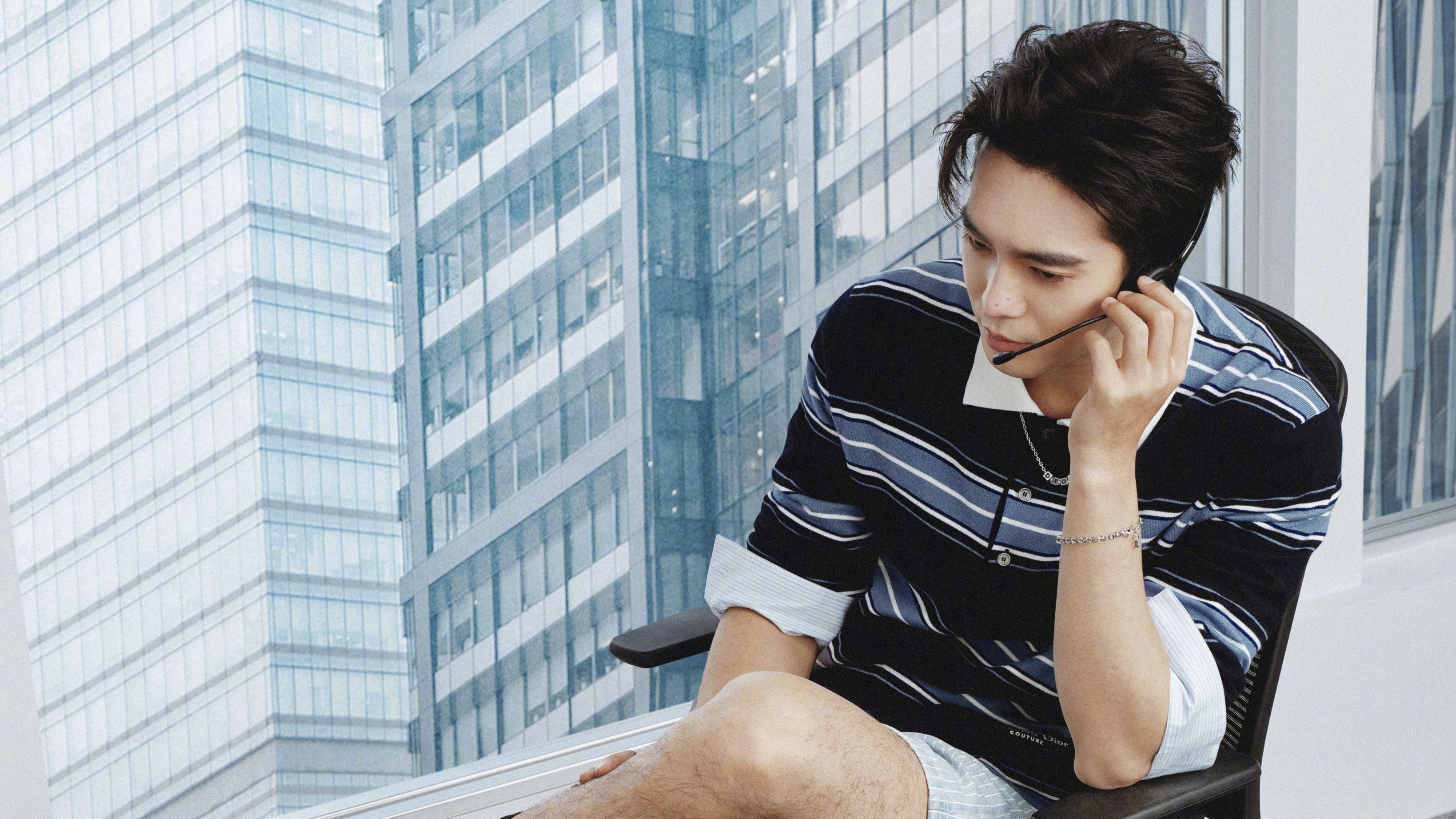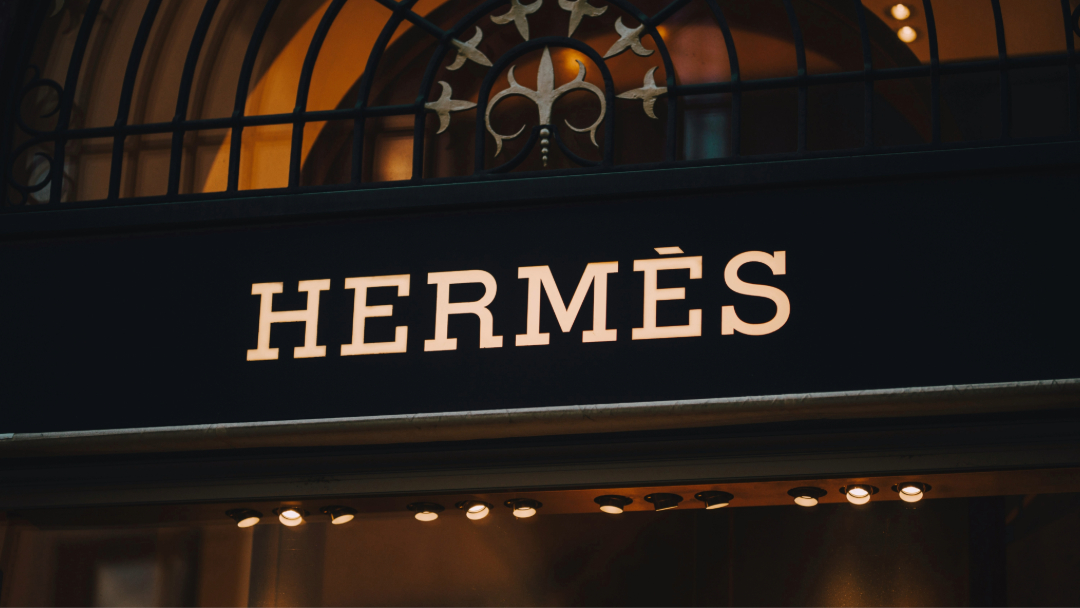Millennial women are taking on different roles and equalling the playing field – and their relationships with brands are also shifting. With women representing 80% of all purchasing decisions, it’s time brands change how they market to this increasingly influential audience.

The influence of the female audience is changing. No more so than within the affluent population, where unlike previous generations, women make up 64 percent of the millennial affluent group (FutureCast).
When it comes to marketing to women, many luxury brands have been slow to subvert the norm. Far too often we see clichéd images with reductive portrayals of the female. Take Yves Saint Laurent’s controversial advert from earlier this year as an example. The campaign featured a spread-legged, slender woman in high heels, photographed at crotch level. Ironically launched just before International Women’s Day 2017, it attracted a backlash from Parisians taking to social media to voice their concerns.
While the modern mindset on gender is moving forward, we’re still seeing luxury brands failing to represent this change.
With this in mind, we set out to understand the 21st Century Woman – and how brands represent and speak to her. Our research found that women still feel overwhelmingly misunderstood by brands, with 76 percent of women feeling that brands do not represent them. What’s even more sobering is that 40 percent of women cited brands and advertising as one of the main reasons to feel self-critical.
The mere need for awards such as the Cannes Glass Lion, which sets out to positively impact ingrained gender inequality, shows that the majority of the industry still has a long way to go.
Of course, this is not true of all advertising. A handful of luxury marketers are going against the grain to appeal to the modern woman’s mindset. From challenging gender stereotypes to empowering women in the workplace, here are some of the brands that are stepping up to the mark.
On a scent to subvert tradition
One brand that has overthrown sector convention is KENZO. The French fashion label promoted its ‘KENZO World’ fragrance with an explosive film called ‘My Mutant Brain’ – a far cry from the flower-filled fields and white linen dresses of traditional fragrance advertising.
Think of a traditional perfume ad, and you will conjure up images of impossibly empty cities and impossibly sexualised women. KENZO’s film breaks this mold, shaking off the formal ideals of beauty and restrained behaviour to prove that it’s okay to show women with emotional complexity and physical intensity. Attracting more than one million views in just seven days, the film caused a significant stir and most recently has been honored with eight Cannes Lions Awards, included a coveted Titanium lion.
Another brand seeking to subvert tradition through scent is Chanel. The French atelier partnered with i-D Magazine and crafted ‘The Fifth Sense’, a content hub to celebrate creative women who embody the values of Coco Chanel. As part of the project, six artworks were commissioned by female creative talents and hosted on the platform, each exploring how the power of fragrance and a sense of scent can influence the creative process. Since the launch, The Fifth Sense has generated strong engagement amongst the creative community with over 4 million visitors, and has allowed Chanel to move past celebrity-dominated advertising, dedicating its site to recognising female talent.

Inspiration through empowerment
What makes Chanel’s campaign so successful is that is actively promotes the female-first attitude it celebrates. Elie Saab has a similar agenda, recognising entrepreneurial women with their new campaign #GirlOfNow.
In a series of videos, the fashion brand explores the female experience in the workplace, hearing from a variety of prominent woman from tech gurus to supermodels to designers. Each woman shares her own advice on how to make it in the world, with a resounding theme of perseverance.
Not only does the campaign position Elle Saab amongst inspirational and realistic professional role models, it also plays an active role in the fight to get women’s voices heard.
Taking the lead
As millennial women gain more affluence and influence, their potential buying power cannot be ignored. Tapping into key influencers and giving a voice to female brand co-creators and co-owners will be crucial for brands marketing to women.
After all, talking about women’s empowerment and doing something about it are two very different things. Brands who drive women-focused campaigns accompanied with promises of internal change and positive actions are leading the charge. Such actions not only raise awareness of an important issue and resonate with consumers, they are also key to ensure longevity.










